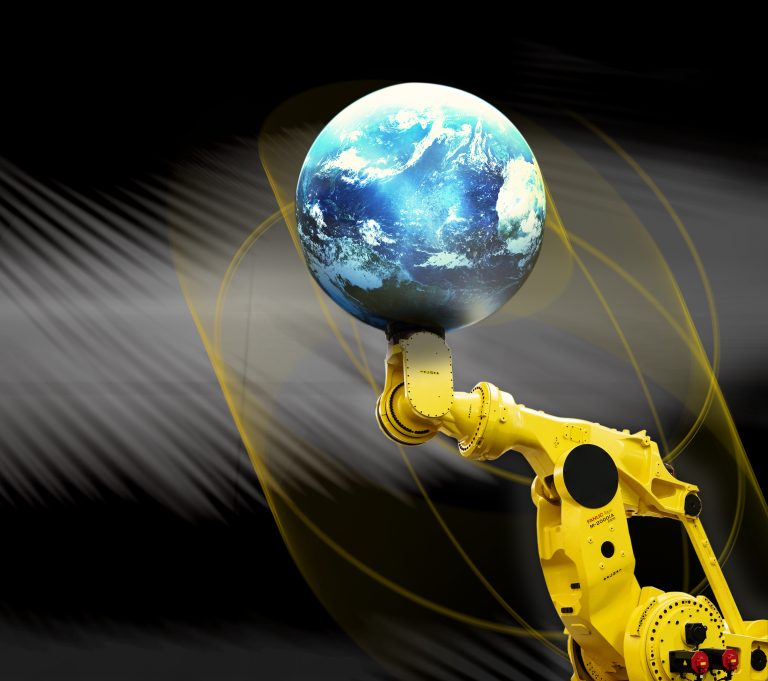Computer Numerical Control (CNC), a form of machine machining that has revolutionized engineering and manufacturing in recent decades. CNC is a process that was created by combining digital technology alongside traditional machining techniques. It has since become the most popular method for manufacturing high-precision parts and components across a range industries. This article explores CNC’s advantages as well as its diverse applications and the mechanics.

The machining process of CNC is a complex one
CNC Machining is an subtractive manufacturing process which involves the removal of material from a solid block material, or a workpiece, in order to obtain the desired shape. This process uses computers pre-programmed to control the movements of machinery. The code that is generated by CNC machines is dependent on the type of CNC machine and complexity of component to be manufactured. The basic principle of the CNC machine is the very the same. A high-speed cutter is utilized to precisely cut away the material and form the final part.
CNC Machining has numerous advantages. One of these is its precision. Digitalization of the process ensures an extremely consistent production process and reduces human error. This level of accuracy is essential in industries such as aerospace and medical devices.
Digital Computers and their role in CNC Machine Operations
CNC precision and efficiency are a result of the integration of digital technologies. CNC machines can be operated by software that automates manufacturing. This software transforms computer-aided design (CAD) models into a series of precise instructions that the CNC machine follows to create the part. The instructions are what control everything, starting from the speed of and direction of the machine to the angle and depth of each cut.
In industrial facilities with large scales computers are typically integrated directly into CNC machines. This enables seamless communication and control. This integration allows real-time monitoring and adjustments that optimize performance and reduce downtime. Automating CNC machining permits the continuous operation. This improves efficiency and decreases lead times.
The Advantages of CNC Machining
CNC machining has numerous advantages over traditional manufacturing methods. The ability to produce complex, intricate parts with high-precision is one of the biggest benefits. CNC machining is accurate, eliminating the requirement to make manual adjustments or rework. This decreases the amount of waste and improves efficiency. CNC machines are also able to operate in a continuous manner. This makes them perfect for large-scale production runs.
CNC Machining also has another benefit that is the flexibility. A single machine can produce various types of components by simply altering the program. CNC machining can be used for prototyping or mass production.
Automation of CNC machines can also improve workplace safety. Because it reduces the need to use manual interventions, the chance of accidents and injuries is reduced. CNC-machined components are also more reliable and perform better, increasing customer satisfaction.
CNC Machining Services Benefits for Industries
The flexibility, precision, and effectiveness of CNC machining are used in a variety of industries. CNC machines used in aerospace manufacture components that must be in compliance with the highest safety and standards of performance. CNC machineries play a vital role in the production of surgical instruments and implants in the medical devices industry, where precision is paramount.
The automotive industry utilizes CNC machineries to produce parts for transmissions, engine components as well as intricate exterior and interior features. Similarly, the electronics industry is benefited by CNC machining’s ability to produce small, detailed parts for consumer electronics and communication devices. CNC technology is employed in the art and jewelery industries to produce complex and unique pieces.
The future of CNC Machining
CNC machineries are predicted to expand as technology advances. Innovative technologies like multi-axis machine machining, additive manufacturing integration, and advanced material will push the boundaries of what can be achieved using CNC technology. Machine learning and artificial intelligence will likely improve the efficiency and precision of CNC machine machining.
In the end, CNC machining has profoundly changed the way we manufacture and engineer, offering unparalleled precision as well as efficiency and flexibility. Its ability of producing complex parts with high precision makes it an indispensable tool in a variety of industries. As technology evolves, CNC machining will undoubtedly continue to play a crucial part in shaping the future of manufacturing.
